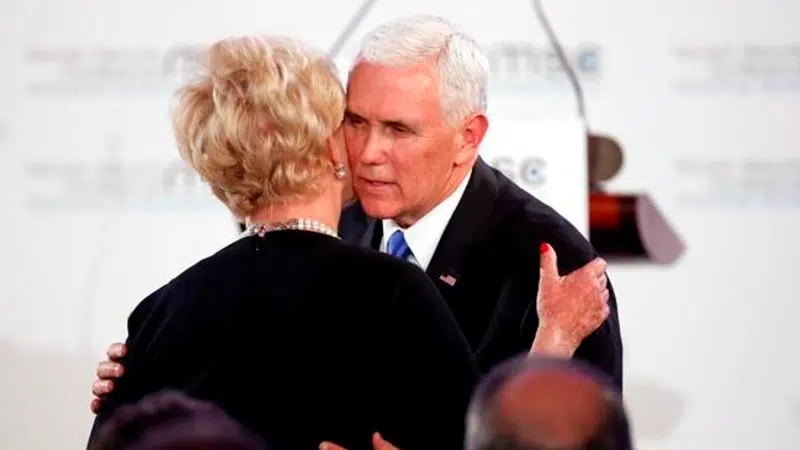
Merkel defends Iran stance, urges China to join arms talks
MUNICH — German Chancellor Angela Merkel robustly defended European powers’ decision to stand by the Iran nuclear deal in the face of U.S. criticism as she delivered a spirited backing Saturday of her multilateral approach to global affairs and urged China to join future disarmament efforts.
Merkel’s comments at the Munich Security Conference, an annual gathering of top global defence and foreign policy officials, followed days of tension between Washington and Europe over Iran.
In Poland this week, Vice-President Mike Pence accused Germany, France and Britain of trying to “break” American sanctions on Iran and called on them to follow Washington in pulling out of the nuclear deal — a call that he renewed Saturday, speaking shortly after Merkel. The three European powers, along with Russia, China and the U.S., signed the 2015 agreement meant to curb Iran’s path toward nuclear weapons in exchange for sanctions relief.


